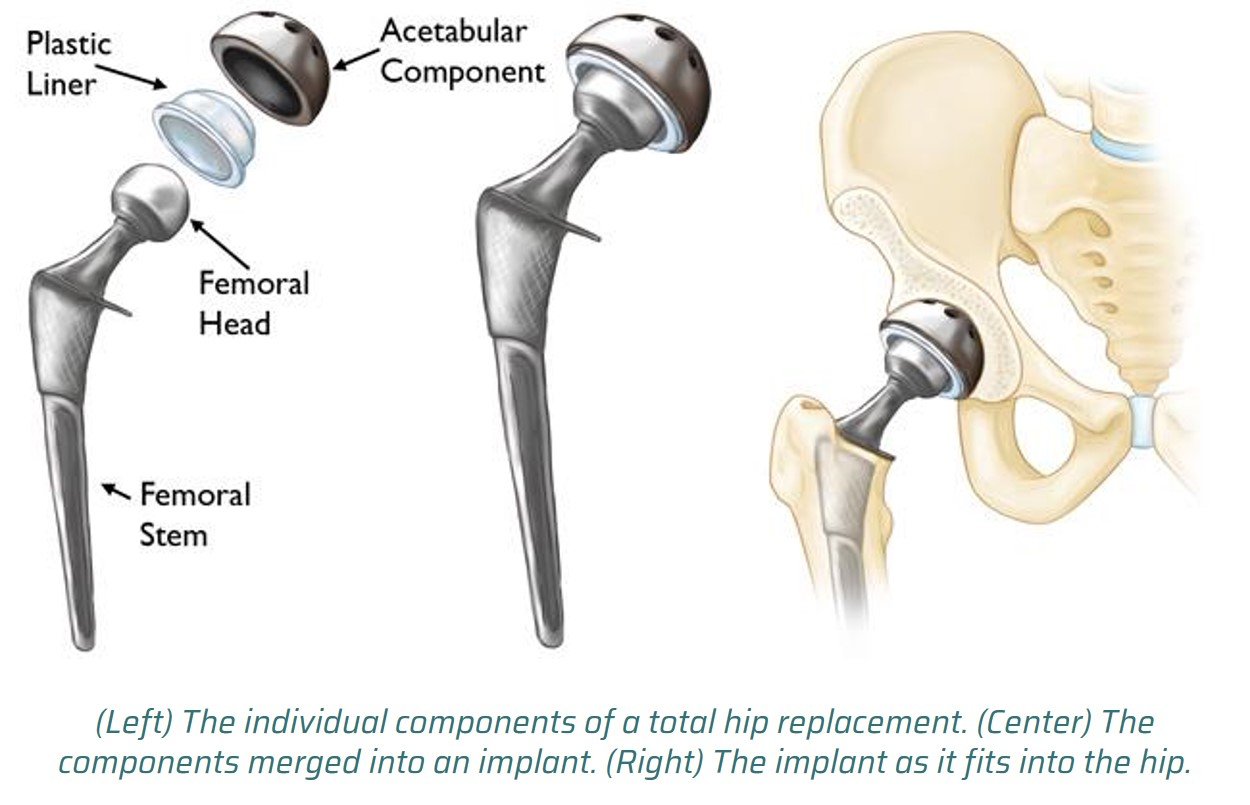Contact Info
-
Krishna Complex, Opp. Chintamani Society, Achher Cross Road, Sabarmati, Ahmedabad

Hip replacement surgery, also known as total hip arthroplasty, is surgery to replace a worn-out or damaged hip joint. The hip replacement surgeon replaces the old joint with an artificial joint (prosthesis).
One may be suggested for total hip replacement surgery after a hip fracture or for severe pain because of arthritis.
And Also Revision surgery may be needed to repair the fracture and replace damaged implants. Dislocation of the hip replacement occurs when the artificial ball comes out of the socket. Revision surgery may be required to address instability and improve joint stability.
Hip instability following total hip arthroplasty (THA) remains a major challenge and is one of the main causes of revision surgery. Dual mobility (DM) implants have been introduced to try to overcome this problem.
Most common indication of hip replacement in India is Avascular Necrosis. Usually it happens in young patients and is bilateral.
So, in selected young patients with bilateral severe (Grade-4) AVN hip Bilateral THR is an option.
Unlike TKR its relatively rare and performed only in selected centres with clinical expertise.
The success of your surgery will depend in large measure on how well you follow your orthopaedic surgeon’s instructions regarding home care during the first few weeks after surgery. In almost all cases post surgery we allow weight bearing within 2 days of surgery. Initially 2 weeks patient may require to walk with walker/stick (external support). Usually patient starts walking without support at 4 weeks post surgery.